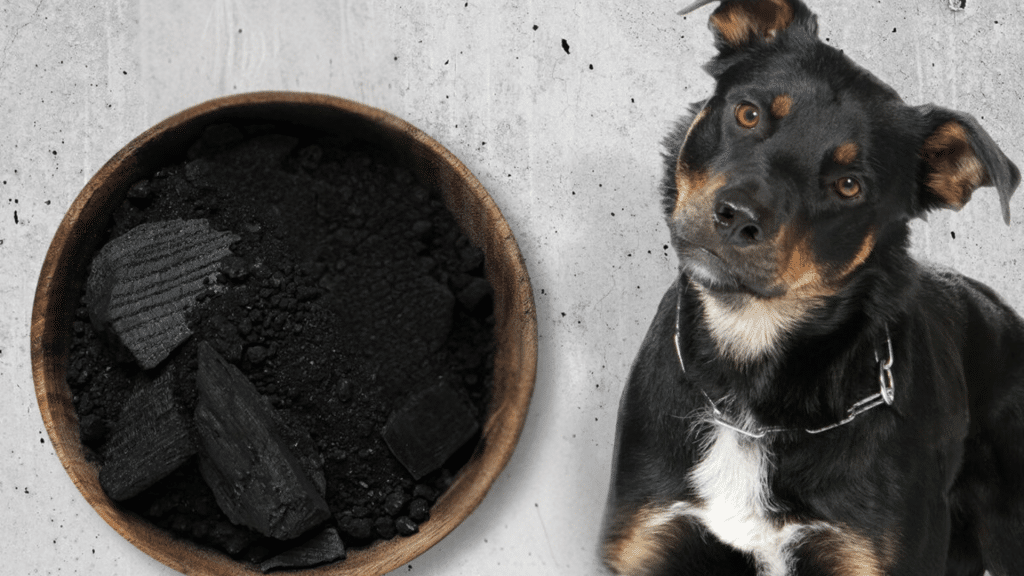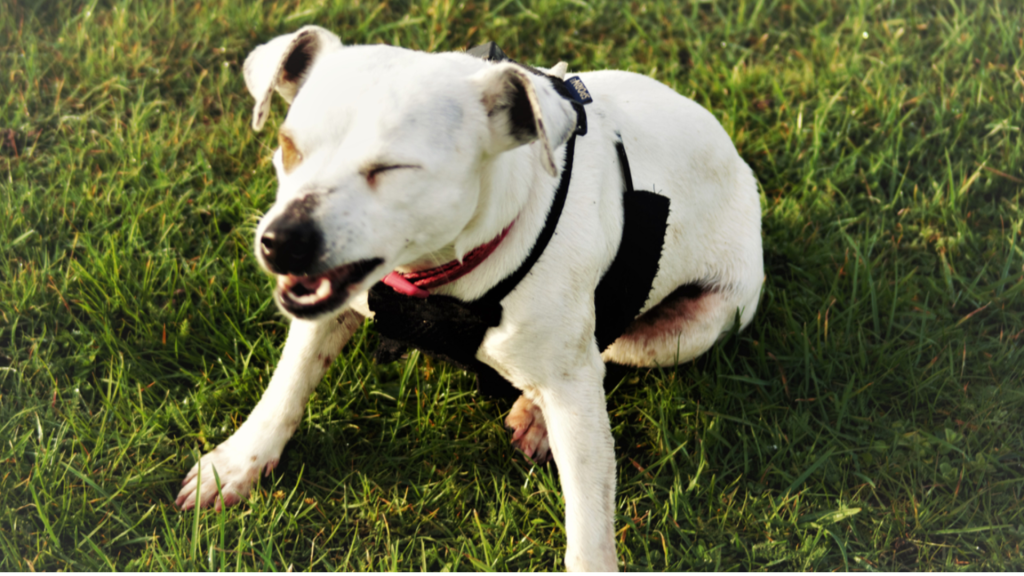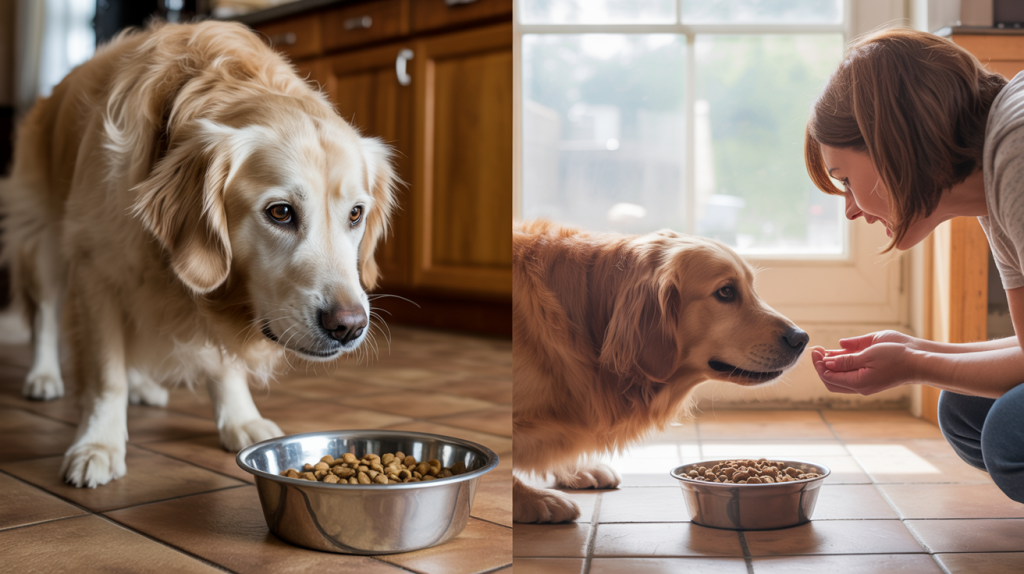Activated charcoal has become a go-to remedy for dog owners dealing with poisoning emergencies. But what happens when it’s not available?
Pet parents often find themselves scrambling at 2 AM when their furry friend has eaten something they shouldn’t have. The pet store is closed, and the vet’s office won’t open for hours. Panic sets in as they wonder what safe alternatives exist.
While activated charcoal remains the gold standard for absorbing toxins, several household items and veterinary alternatives can help in a pinch.
This blog will give you few substitute for activated charcoal for dogs that dog owners can use safely.
Top Substitute for Activated Charcoal for Dogs
If your dog has ingested something toxic and activated charcoal is not available, it’s crucial to act quickly and contact your veterinarian for guidance.
There are a few substitutes for activated charcoal for dogs that can help in urgent situations, though none are perfect substitutes for professional veterinary care.
1. Homemade Charcoal from Natural Wood
Homemade charcoal made from natural, untreated wood can act as a basic adsorbent, similar to commercial activated charcoal, by trapping some toxins in its porous structure and preventing their absorption in the digestive tract.
However, it is not as effective as properly activated charcoal due to its lower surface area and adsorptive capacity.
How to use:
- Burn natural, untreated hardwood until it turns to charcoal (do not use wood with chemicals or paint).
- Crush the charcoal into a fine powder.
- Mix a small amount of the powder with water to form a slurry.
- Administer orally using a syringe or spoon, aiming for prompt use after toxin ingestion.
Note: This is a last-resort, emergency measure when commercial products are unavailable. Veterinary care should be sought as soon as possible.
2. ReadyRESCUE™ (Hydroxycobalamin-Based)
ReadyRESCUE™ uses dense, hydroxycobalamin-based carbon spheres to bind toxins in the gut, similar to activated charcoal but with higher efficiency and less risk of gastrointestinal blockage.
The advanced formulation allows for smaller, more manageable doses and is safer and cleaner to administer.
How to use:
- Follow the dosing chart provided with the product, which is designed by veterinary specialists.
- The product comes as hard spheres that can be mixed with a small amount of food for easy administration.
- ReadyRESCUE™ can be stored for up to 5 years, making it a reliable addition to pet first aid kits
3. Coconut Shell Charcoal
Charcoal made from coconut shells is a form of activated charcoal with a high surface area and strong adsorptive properties.
It works by trapping toxins in its porous structure, preventing their absorption in the digestive tract, similar to standard activated charcoal.
How to use:
- Use only food-grade, activated coconut shell charcoal (not regular barbecue charcoal).
- Mix the recommended dose (as per veterinary guidance) with water to form a slurry.
- Administer orally with a syringe or spoon as soon as possible after toxin ingestion.
- Veterinary supervision is recommended, as dosing and effectiveness can vary.
4. Hydrogen Peroxide (Inducing Vomiting)
Inducing vomiting with 3% hydrogen peroxide can help expel toxins from the stomach before they are absorbed, especially if administered soon after ingestion. This method is only effective for certain toxins and must be done with caution.
How to use:
- Use only 3% hydrogen peroxide, never stronger concentrations.
- The typical dose is 1 teaspoon (5 ml) per 10 pounds (4.5 kg) of body weight, up to a maximum of 3 tablespoons for large dogs.
- Administer orally using a syringe or a turkey baster.
- Vomiting should occur within 10–15 minutes. If not, do not repeat the dose without veterinary advice.
Not suitable for all toxins (e.g., caustic substances, sharp objects, hydrocarbons). Always consult a veterinarian before inducing vomiting.
Note: While these substitutes may help in emergencies, none are as effective as commercial activated charcoal for most toxins. Always consult a veterinarian as soon as possible after a dog ingests a potentially toxic substance. Some toxins require specific antidotes or treatments that home remedies cannot provide
When to Avoid Home Remedies and Seek Veterinary Care
Home remedies should be avoided, and immediate veterinary care sought if your dog shows any signs of poisoning, such as vomiting, diarrhea, tremors, seizures, difficulty breathing, or collapse.
Never attempt to induce vomiting or administer any treatment without first consulting a veterinarian or animal poison control, as some toxins can worsen with home remedies.’
Early intervention by professionals is crucial, especially if you are unsure what your dog ingested or if symptoms are severe or rapidly progressing. Bring the packaging or a photo of the suspected toxin to help guide treatment.
Acting quickly and seeking expert help offers the best chance for your dog’s full recovery and safety.
Tips to Safely Administer Alternatives to Your Dog
Administering alternatives to activated charcoal can be life-saving for your dog in emergencies, but it must be done with care to avoid complications. Always consult a veterinarian before giving any treatment, as incorrect use can be dangerous.
The following are the tips one should keep in mind while administering substitute for activated charcoal for dogs.
- Consult your veterinarian before administering any remedy, especially if your dog shows neurological symptoms, dehydration, or has ingested caustic substances
- Use only pet-safe, additive-free products; avoid alternatives containing sorbitol or other unnecessary additives that may cause electrolyte imbalances
- Mix powders or granules thoroughly with water to form a slurry for easier swallowing and reduced risk of aspiration
- Administer the solution slowly using a syringe or spoon, keeping your dog calm and upright to prevent choking or inhalation
- Never force remedies if your dog is unconscious, disoriented, or unable to swallow, as this increases the risk of aspiration
- Monitor your dog for adverse reactions and seek veterinary care immediately if symptoms worsen or new ones develop.
- Bring information about the ingested toxin with you if further veterinary care is needed, as this helps guide treatment
The Bottom Line
Finding the right substitute for activated charcoal for dogs doesn’t have to be stressful. The alternatives covered in this blog offer pet owners reliable options when emergencies strike.
Remember that timing matters most in pet emergencies. Keep these substitutes easily accessible in your pet’s first-aid kit. Always contact your veterinarian before administering any treatment, as they can provide guidance specific to your dog’s situation.
Take action now to ensure you’re ready when your furry companion needs help most.










